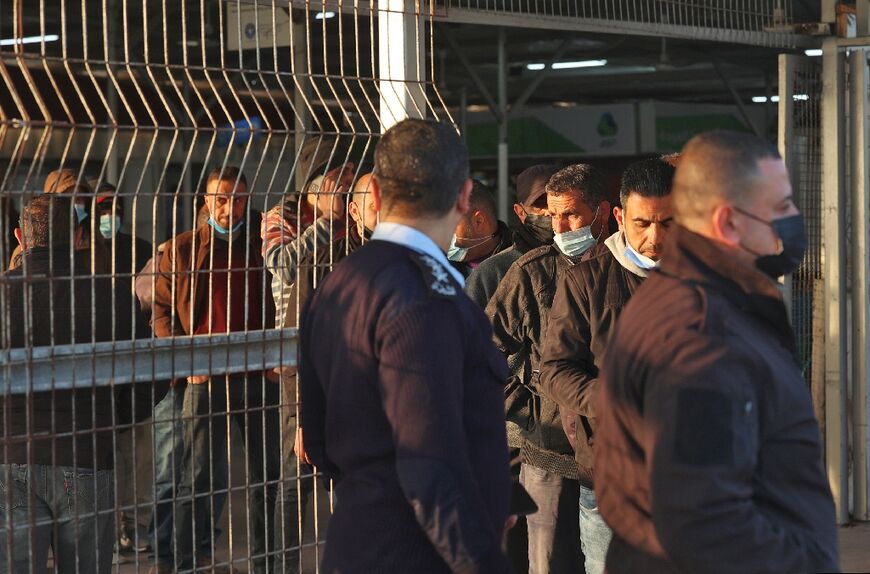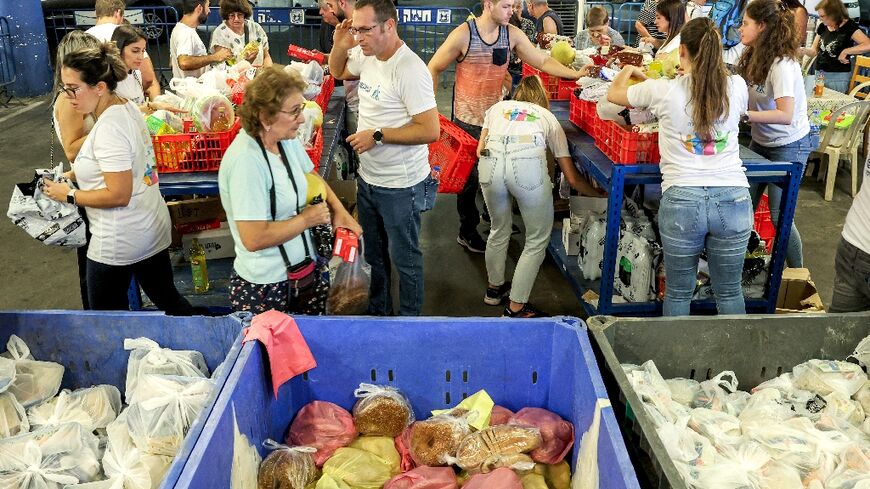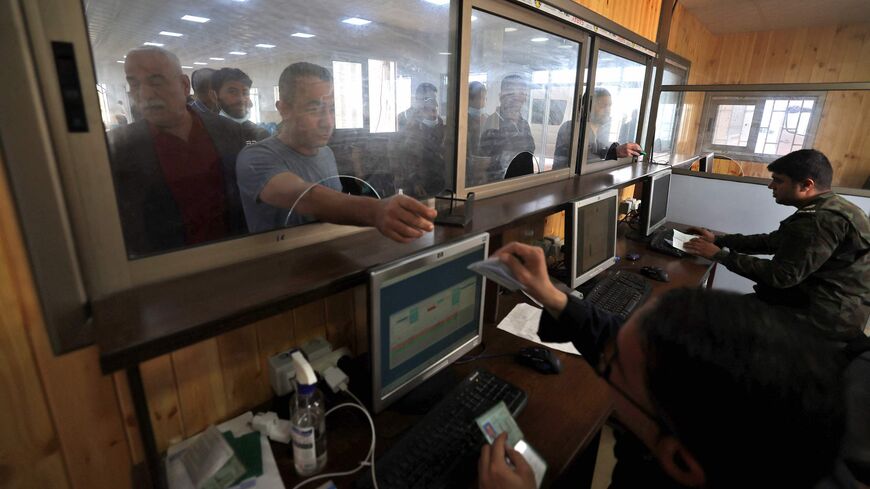Palestinians in Gaza give up studies for Israeli wages

The moment Hussein got permission to work in Israel, the Palestinian resident of Gaza City said he was ready to quit university to seek the attractive wages offered for menial Israeli jobs.
"I felt that the doors of heaven were opened for me," said Hussein. Like other Gazans who have abandoned their studies to take low-skilled work inside Israel, embarrassment led him to ask that his full name be withheld.
Gaza, a Palestinian territory of some 2.3 million people under Israeli-blockade since 2007, suffers from an unemployment rate above 50 percent, where even those with post-graduate degrees can struggle to get by.
And Israeli work permits have become a rarity for Palestinians in the last decade or so -- making the few on offer seem like gold dust.
Hussein was pursuing a masters degree and hoping to boost his earnings potential, but said that with three children to feed and student debts of $3,500, continuing to study was proving untenable.
"I hadn't worked in years," he said, explaining his decision to leave Gaza several months ago.
He got a job as a delivery person in Jaffa, south of Tel Aviv, one of several places in Israel where Palestinian labourers say they can earn between 250 and 700 shekels (between about $75 and $215) per day, far more than most could hope for from equivalent work in Gaza.
Hamas, which is considered a terrorist organisation by much of the West, took power in Gaza in 2007.
Before the Islamist takeover, roughly 120,000 Gazans had permission to work inside Israel.
But Hamas and Israel have fought repeatedly over the last 15 years and, due latterly also to the coronavirus pandemic, Israel has at times fully closed its land crossings with the enclave while completely curbing cross-border work.
Since reopening a few months ago, the Jewish state has issued 12,000 work permits to Gazans -- mostly six month visas, with the option to renew.
- 'No pre-conditions' -
The parking lot at the Erez crossing through which Gazans enter Israel is now teeming with taxis and minibuses, waiting to take Palestinians to work.
Among them was Mahmud, who found work at a restaurant in Herzliya, an affluent town north of Tel Aviv.
He had previously worked for international organisations in Gaza -- highly coveted employers.
But he said ultimately he decided that he could not turn down the chance to earn up to 550 shekels ($170) a day, including overtime -- on top of room and board -- in Israel, even if the work had no connection to his masters degree in social work.
While many Gazans welcome higher Israeli pay, the head of Gaza's workers union, Sami al-Amsi, called for the permits to include mandatory social security protections.
Under current terms, workers from Gaza entering Israel are only covered for accidents if their Israeli employer agrees to pay for insurance -- a rarity, according to the Israeli labour rights organisation Kav LaOved.
A few weeks ago, a Gazan was run over by a car at his place of work, Amsi told AFP, explaining that "his family did not receive any compensation."
That doesn't scare Adham, 35, who despite having three degrees, including in public health and computer science, said he was ready to take any job on offer in Israel.
"I could work in a restaurant, a supermarket or a factory," he told AFP. "I have no pre-conditions."








